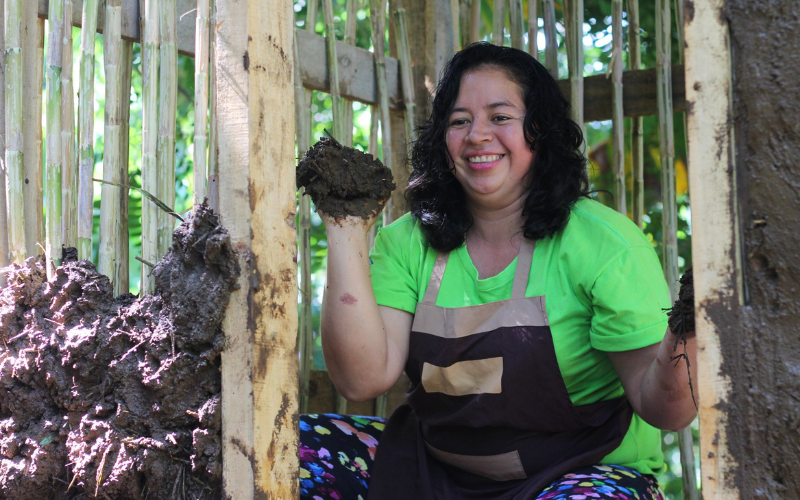The ecoMOD project at the University of Virginia gives students hands-on experience designing and building energy-efficient, low-cost homes for low-income families. Students from architecture, engineering, and other fields work with non-profit organisations like Habitat for Humanity to build real homes using sustainable prefabricated designs. Since 2004, over 300 students have taken part, completing five near-zero-energy houses.
The goal is to train future professionals to create affordable, eco-friendly housing and show that prefabrication can be both green and low-cost. Each home uses energy-efficient materials, smart design, and features like solar panels, rainwater systems, or green roofs. Students not only design and build the homes but also evaluate their performance once occupied, learning what works best and improving future designs.
Homes are built within real budgets set by nonprofit partners, and many designs are now being prepared for wider use by housing providers. Students have gone on to careers in sustainable design and housing, while some partners have expanded their own use of eco-friendly prefabrication thanks to their involvement in ecoMOD.
The project has shown that it’s possible to build affordable, sustainable homes that are comfortable and reduce energy bills for residents. By involving local communities and focusing on long-term performance and liveability, ecoMOD offers a model for tackling housing and environmental challenges together.
Funding comes from a mix of university grants, nonprofits, foundations, and student fundraising. Designs are now being licensed for wider use, making ecoMOD’s impact likely to grow. The project has inspired similar programs at other universities and is helping shift the housing industry toward more sustainable and affordable solutions.









